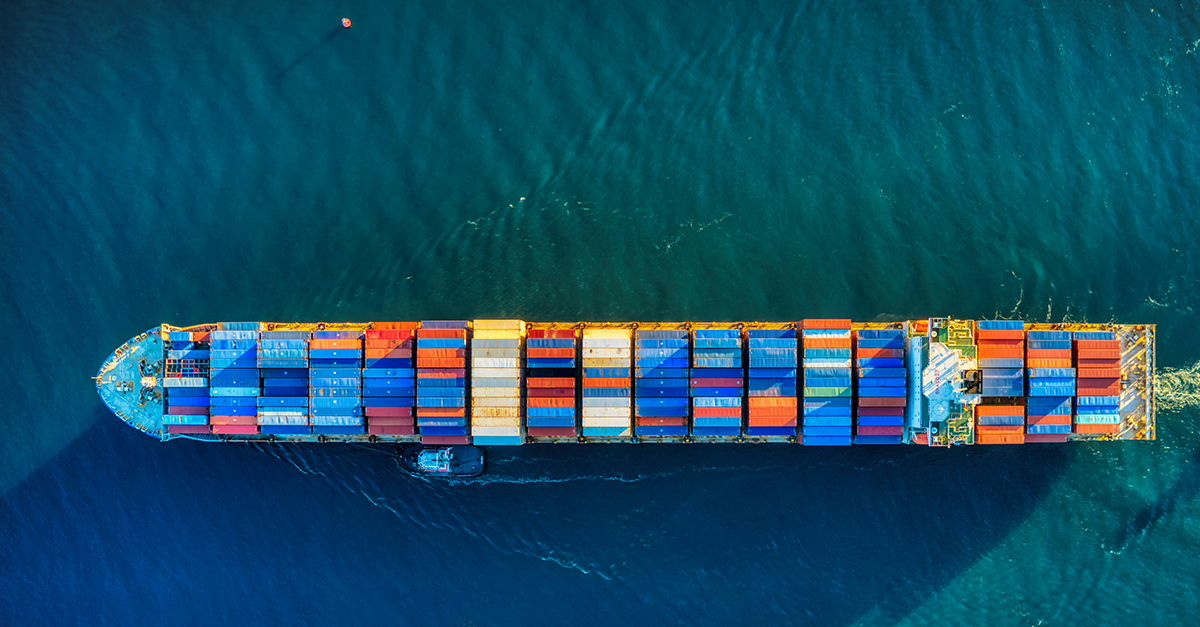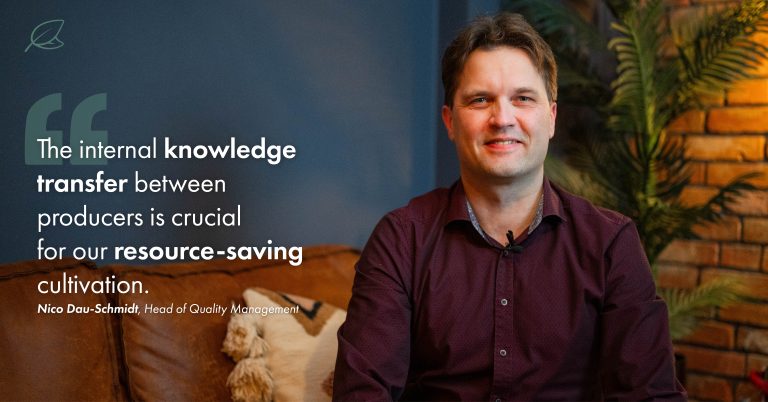Challenges of Overseas Transportation
Currently, about half of the greenhouse gas emissions from bananas are attributed to overseas transport in refrigerated containers. To achieve our reduction goals, a decrease in transport emissions is essential. The use of biofuels appears to be one of the most promising options in this context, especially as new propulsion technologies and eco-friendly fuels like green methanol or ammonia are still in the developmental phase.
Utilizing Biofuels in Maritime Transport
Shipping companies now offer customers the option to ship their containers using biofuels at a surcharge. However, this approach has a downside. While shipping companies can offer biofuels, they cannot ensure that this fuel is actually used on specific routes. Similar to an electricity provider feeding renewable energy into the grid instead of specific households, a shipping company cannot guarantee the use of biofuels on certain routes due to availability and logistics. Instead, certificates and external audits guarantee that the green fuel is genuinely used and accounted for by the shipping company during operations (Book and Claim). The absolute CO2 reduction due to biofuels depends on the blending ratio.
Environmental Impacts of Biofuels Throughout the Energy Cycle
It is crucial to emphasize that biofuels, despite their more positive environmental impact in production and transport, still generate emissions (which are, however, 90% lower compared to conventional marine gas oil). Therefore, we are committed to including the fuel’s entire life cycle when we calculate CO2 reductions (Well-to-Wake). The “Well-to-Wake” perspective provides a holistic approach to assessing the environmental impact of fuels because it doesn’t look at combustion emissions only, but at the entire supply chain, which is important for obtaining a more realistic estimate of CO2 reductions. In 2023, we were able to save approximately 1.65 tons of CO2 per shipped standard container by using biofuels strategically in selected containers.
Progress in the Adoption of Biofuels
We know that not all ships can switch to biofuels immediately or in the future, as availability is limited and potential land use conflicts are foreseeable. Nevertheless, at Port International,we consider this initial use of biofuels as a crucial step in reducing our emissions, while concurrently investing in the development of new technologies and more sustainable fuels.
Conclusion
Our work towards a more climate-friendly future continues.










